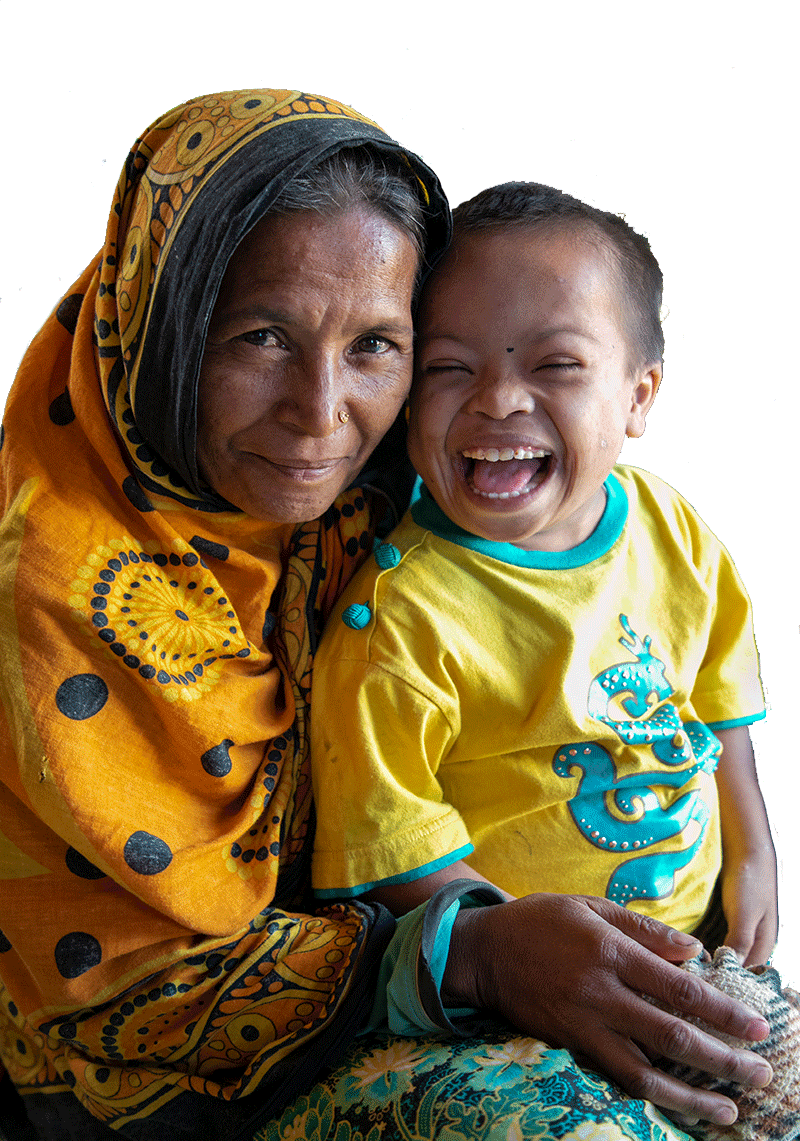2001
In November, Relief International first establishes operations in war-torn Afghanistan to rehabilitate schools and roads in Kabul, the country’s capital city that has been damaged by intense fighting.
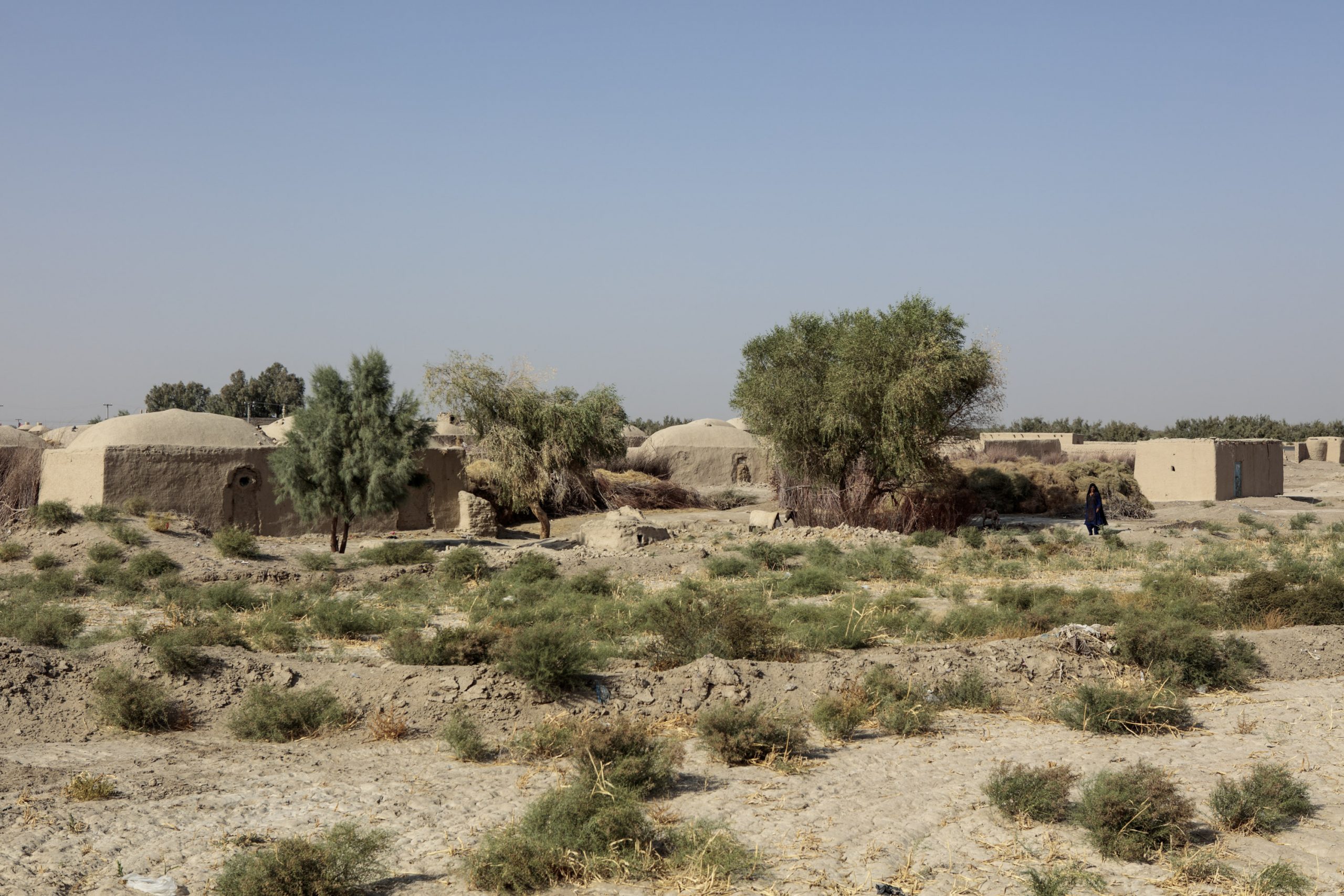
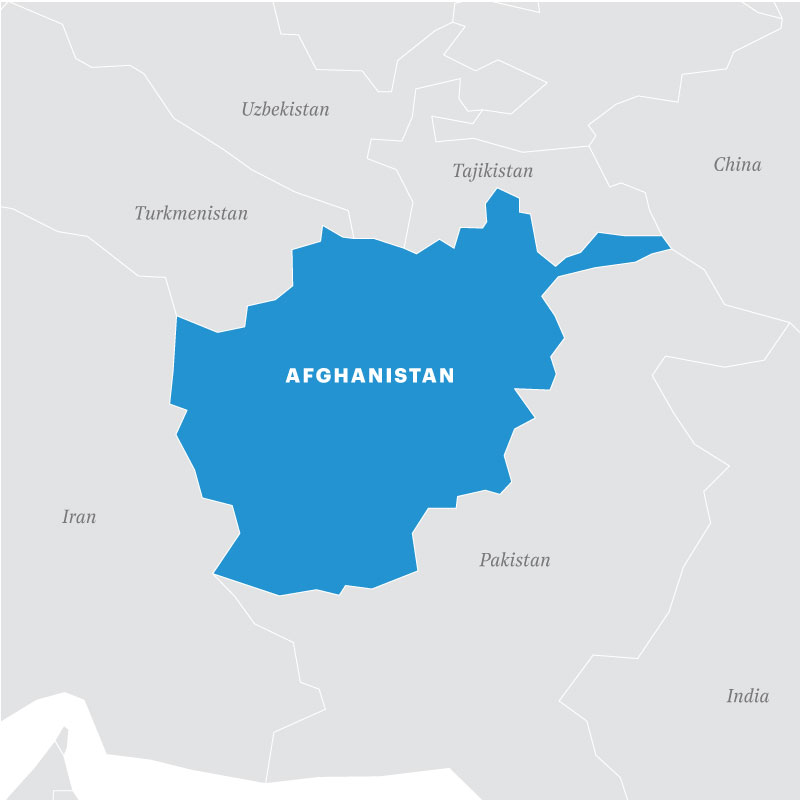
Decades of conflict and recurring natural disasters have led to economic turmoil and the collapse of infrastructure in Afghanistan. The security situation continues to decline, forcing millions to flee across dangerous migration routes to safer areas of the country or to neighboring Pakistan and Iran.
Much of the country is in ruins and violent conflict persists, leaving large swaths of Afghanistan’s population of 35 million seeking safer spaces to call home. An estimated 2.6 million are internally displaced, with millions more living as refugees.
Those who remain in the country face both physical and psychological hardship, with over a third of the population living in extreme poverty. Hospitals and schools have been destroyed, and access to necessities such as healthcare, safe water, sanitation, and education is extremely limited. Where access exists, shortages of skilled workers limit services, with just two doctors and three midwives per 10,000 people in Afghanistan.
Recurrent cycles of flooding and drought have resulted in an insufficient supply of food, and malnutrition is on the rise. The ongoing conflict continues to take lives, tearing families apart and leaving two million women widowed and struggling to provide for their families’ needs.
Relief International began working in Afghanistan in 2001, with a focus on reconstructing schools and training midwives. Since then, we’ve expanded our programming to include healthcare, climate change mitigation, agricultural development, natural disaster response, women’s empowerment, domestic and gender-based violence prevention, water supply and sanitation, enterprise development, shelter and reconstruction, and civic skills trainings.
In 2019, the French non-governmental organisation Medical Refresher Courses for Afghans (MRCA) joined the Relief International alliance network. This natural partnership yields a combined focus in health, economic opportunity, education, water, hygiene and sanitation activities, and mainstreaming protection.
Our extensive work in Afghanistan leads us to partner with some of the hardest-to-reach communities affected by conflict, drought and floods. All of our programs are designed to tackle the pervasive discrimination women and girls in Afghanistan face every day at multiple levels – an effort that’s finding more allies among religious leaders and the police in some of Afghanistan’s most conservative provinces.
We increase access to healthcare across the country by rehabilitating and constructing hospitals and clinics, and are currently operating more than 80 health facilities. We’re also building up a desperately needed workforce by training doctors, nurses, and midwives to work in remote areas cut off from services.
To mitigate the effects of climate change, we have created partnerships with farmers and agricultural communities to help them devise strategies to safely preserve their limited water resources during times of drought and improve their food security.
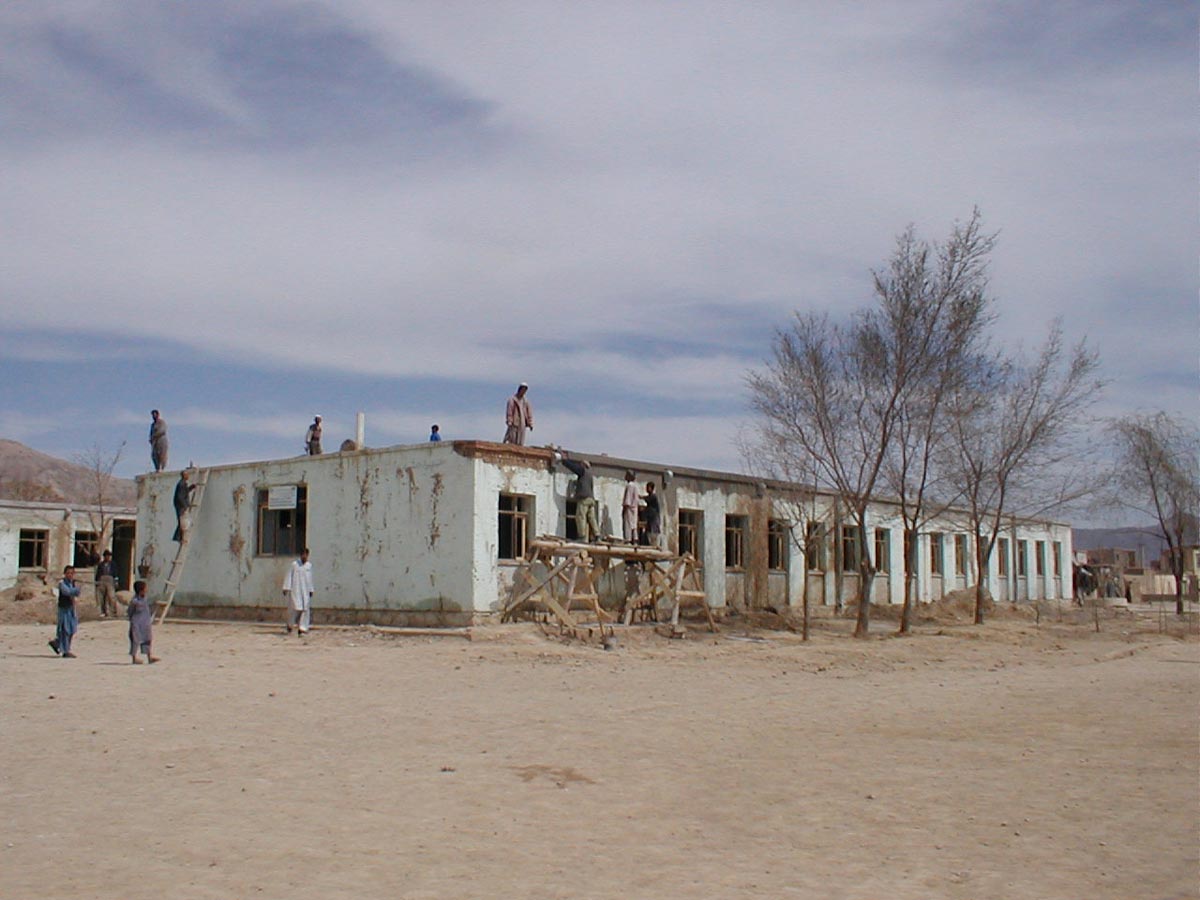
In November, Relief International first establishes operations in war-torn Afghanistan to rehabilitate schools and roads in Kabul, the country’s capital city that has been damaged by intense fighting.
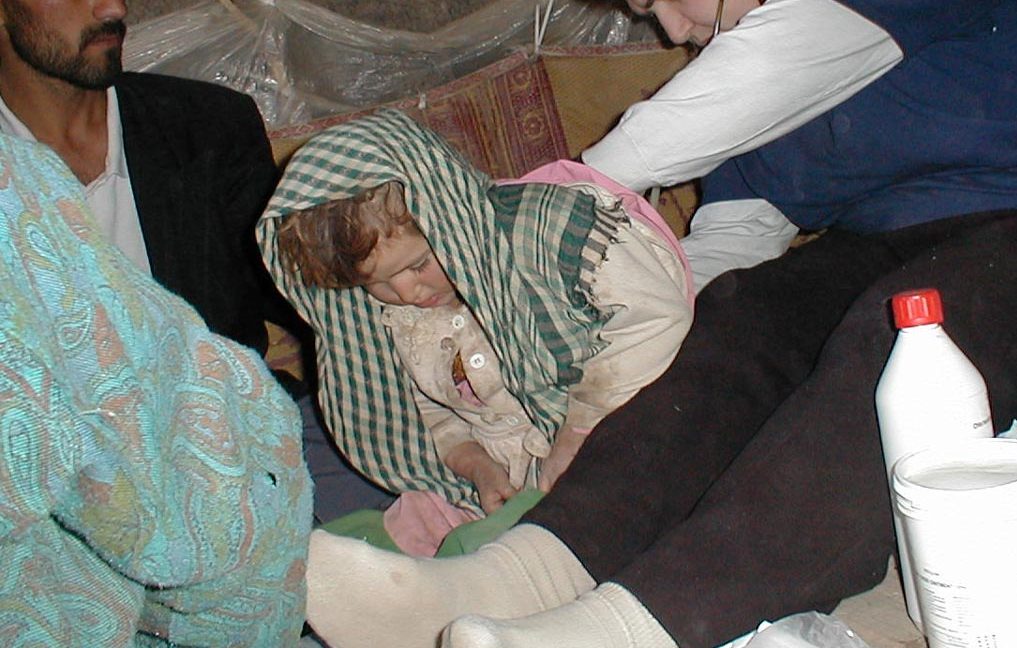
Relief International delivers life-saving healthcare via mobile clinics to women in remote areas of the country cut off by fighting.

Our teams begin providing literacy and educational courses to some of the 1.8 million refugees and 600,000 internally displaced persons (IDPs) returning home to Afghanistan, following one of the country’s largest repatriation movements.
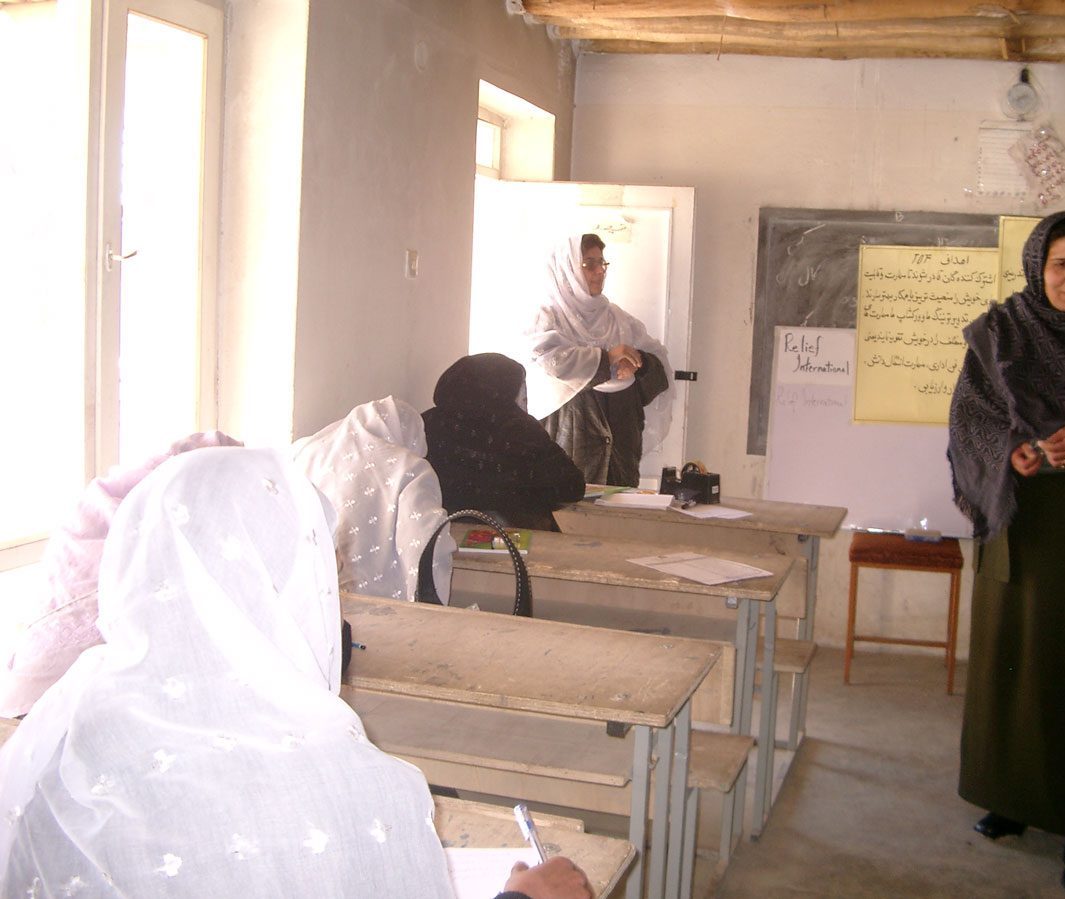
Years of intermittent fighting have destroyed Afghanistan’s educational system, forcing thousands of students to abandon their education. Our teams set up libraries at 282 schools across five provinces to improve access to education for more than 6.7 million students.
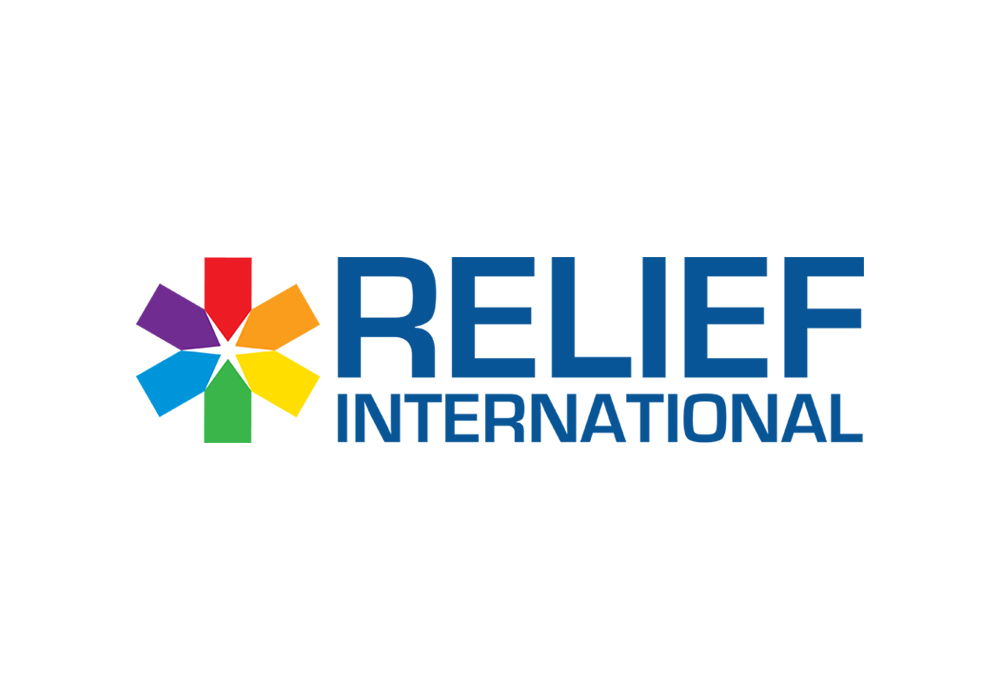
More than 1,000 Afghan women participate in livelihoods trainings organized by Relief International and our partner Schools Online. These skill-building trainings in tailoring, accounting, and marketing help families earn a sustainable income as the war drags on.

Violence increases across the country during the summer months, disrupting ordinary Afghans’ lives and livelihoods. As access to healthcare continues to decline, our teams hold awareness sessions at our Women and Development Centers in Kabul on how to reduce the outbreak of disease.
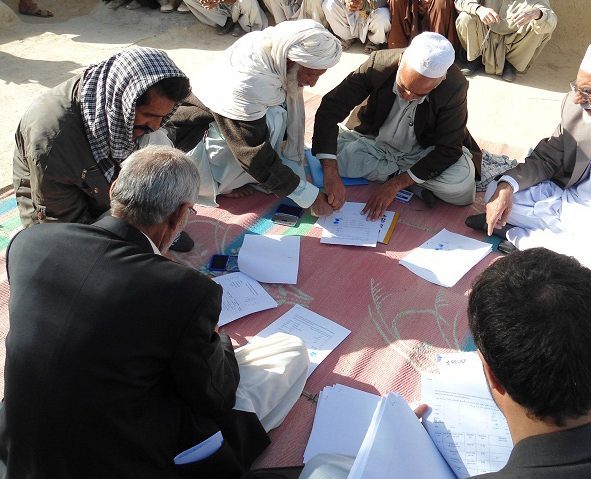
Relief International assists communities in establishing their own long-term development as part of Afghanistan’s National Solidarity Program. Our teams provide critical technical assistance and resources to support communities’ development of local democratic institutions.
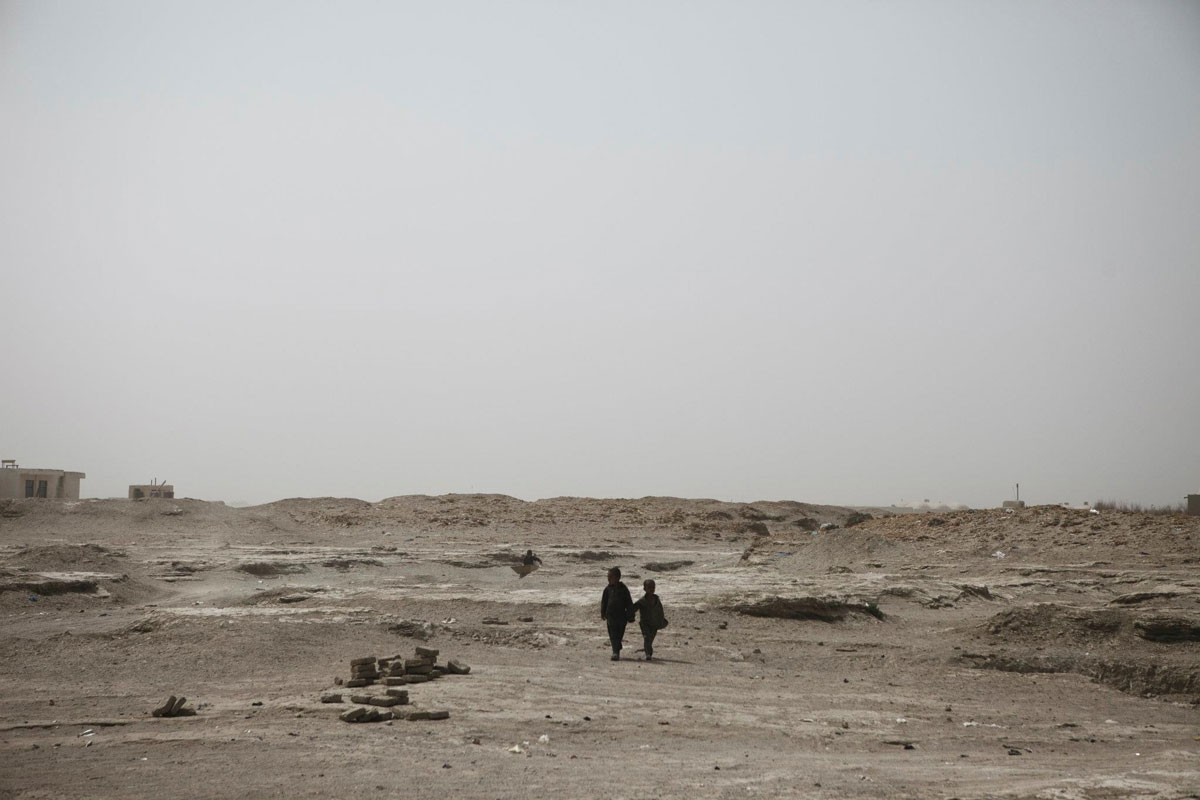
Relief International provides cash assistance to refugees and returnees in Nimroz province to prevent further displacement.

Decades of conflict have bred mistrust between the Afghan people and their government. Our teams work to strengthen communities’ civic skills at village, district, and provincial levels and to foster reconciliation through rights-building seminars, advocacy projects, and leadership trainings.
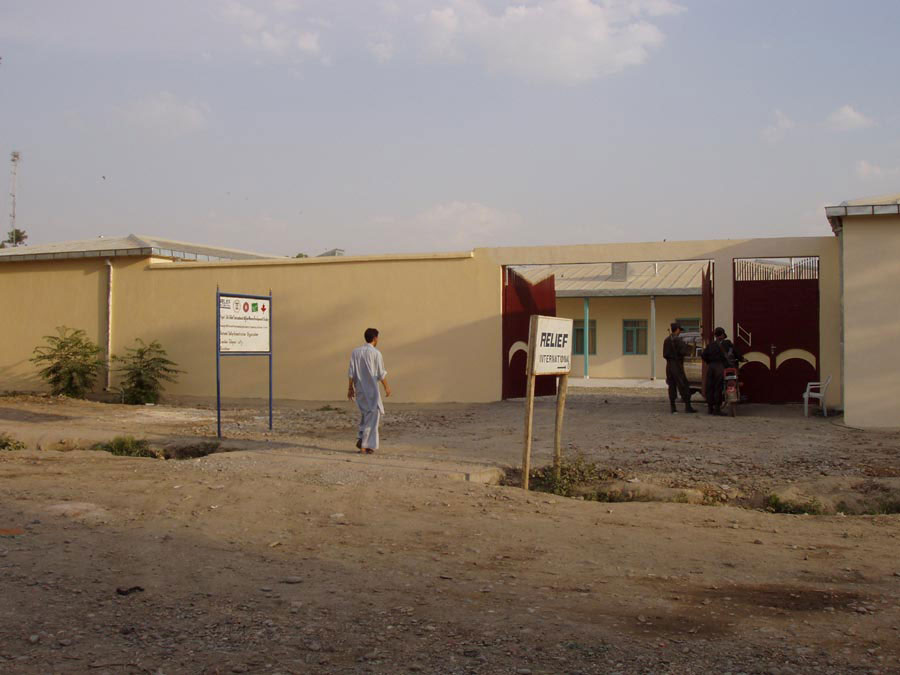
Relief International starts treating people with HIV and providing testing, psychological counseling, and support. We also work to raise awareness about the disease to prevent its spread.
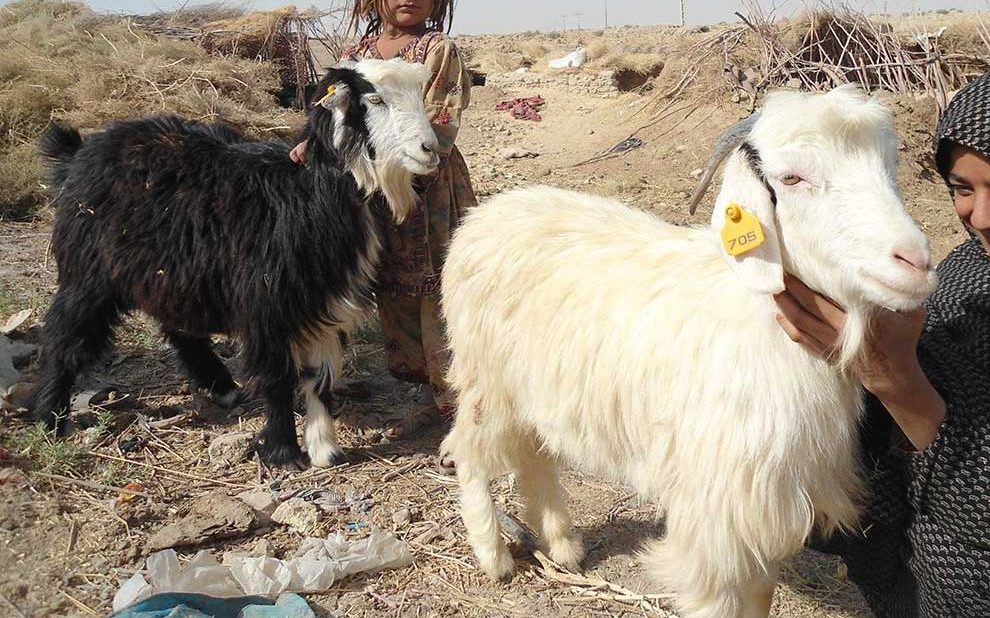
Afghanistan’s pastoral community rely on their herds of sheep and cows to survive. Their nomadic lifestyle means an infected animal can quickly spark an epidemic, resulting in a loss of food and income. Relief International teams work with members of the Kuchi population to limit the spread of zoonotic diseases, which are passed between animals and people.
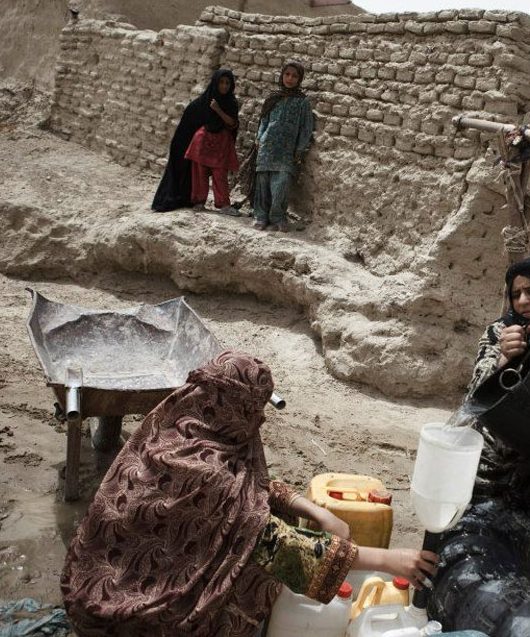
In Nimroz province, Relief International teams provide relief to flood-affected communities by rehabilitating wells, constructing shelters, and distributing sand filters to preserve communities’ access to safe drinking water.
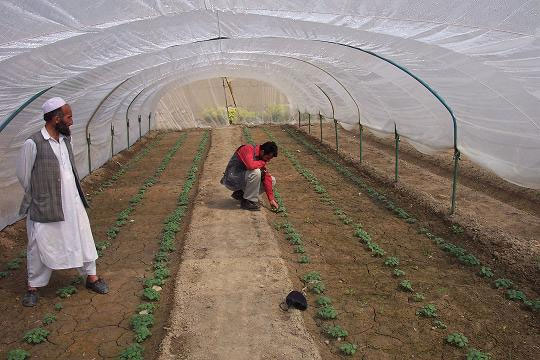
Relief International tackles persistent farming challenges by partnering with local farmers in the Kapisa province to improve irrigation systems and infrastructure.

Relief International continues to provide technical expertise to communities participating in Afghanistan’s National Solidarity Program. In 2014, our efforts focus on developing the capacity of people in 386 communities in Ghazni province.
On October 26, a powerful 7.5 magnitude earthquake strikes the remote Hindu Kush mountain region in northeastern Afghanistan. Relief International teams are among the first on the ground, distributing cash assistance to families who lost their homes in the quake.
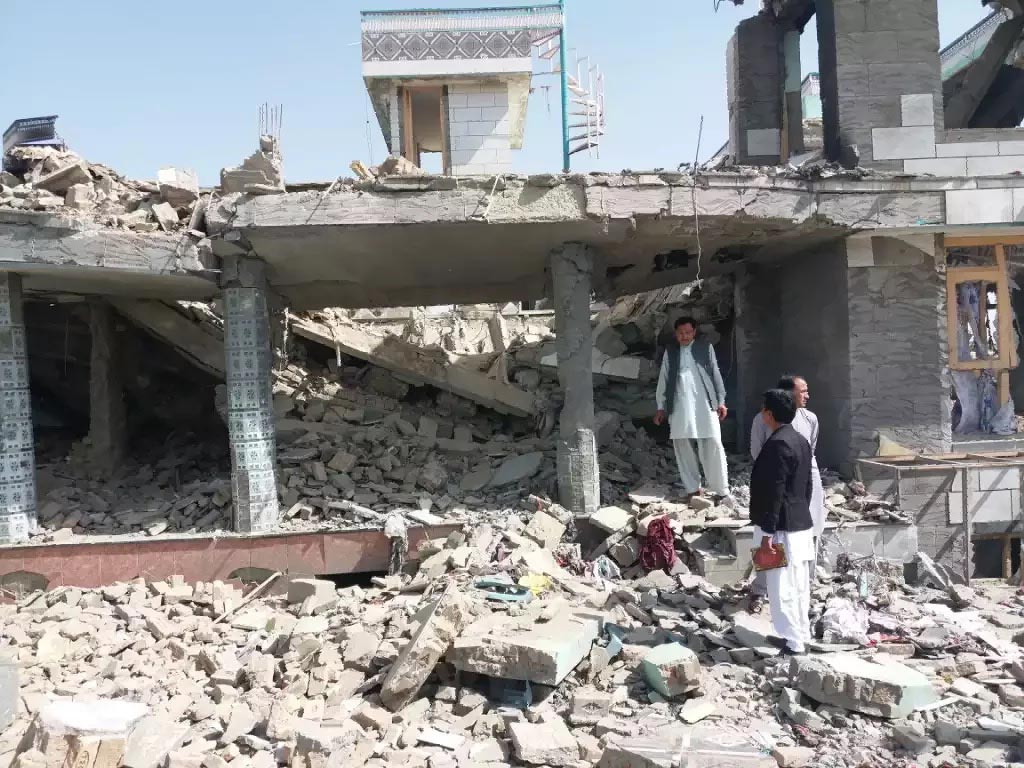
Relief International builds upon our history of utilizing cash assistance to provide life-saving support to families displaced inside Afghanistan’s Ghazni province.
As in all war-torn countries, women face disproportionate levels of discrimination compared to their male counterparts. In April, Relief International launches a new program called the Women’s Enterprise, Advocacy and Training program. It focuses on empowering women through business initiatives, skills development, and advocacy efforts.
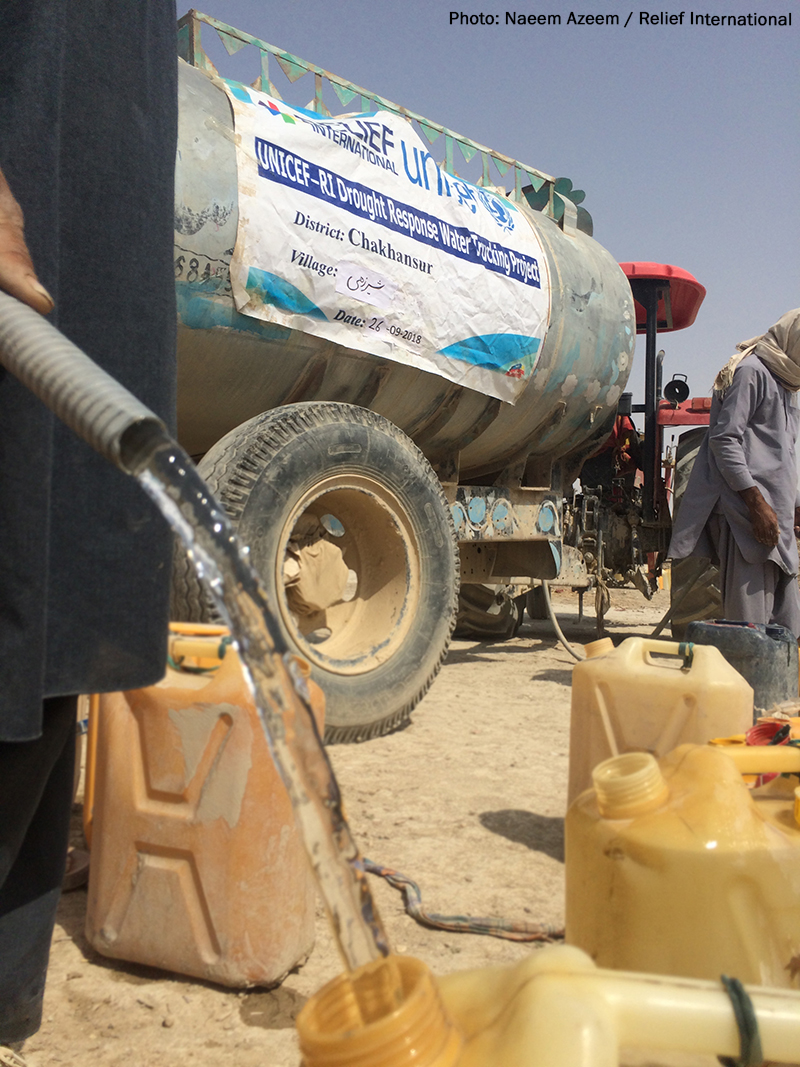
This year, our teams see more people displaced by drought than by Afghanistan’s ongoing conflict. Relief International responds to the unfolding crisis in Nimroz province by delivering safe drinking water to nearly 22,000 people. We also invest in alternative livelihoods that do not depend on water, such as tailoring or rugmaking.

Relief International enters into an alliance with the French nongovernmental organization Medical Refresher Courses for Afghans (MRCA), and is now known as MRCA/Relief International – France. The organization first began working in Peshwar, Pakistan, in 1985 to provide critical medical aid and training for Afghans living in refugee camps. Together, we continue to work alongside the Afghan government to rebuild the country’s health system.
With a gift to Relief International, you can help deliver safe drinking water. You can help provide healthcare to displaced families, far from home. You can help ensure girls and boys alike receive an education, which in turn creates paths towards employment. This all starts with you.
